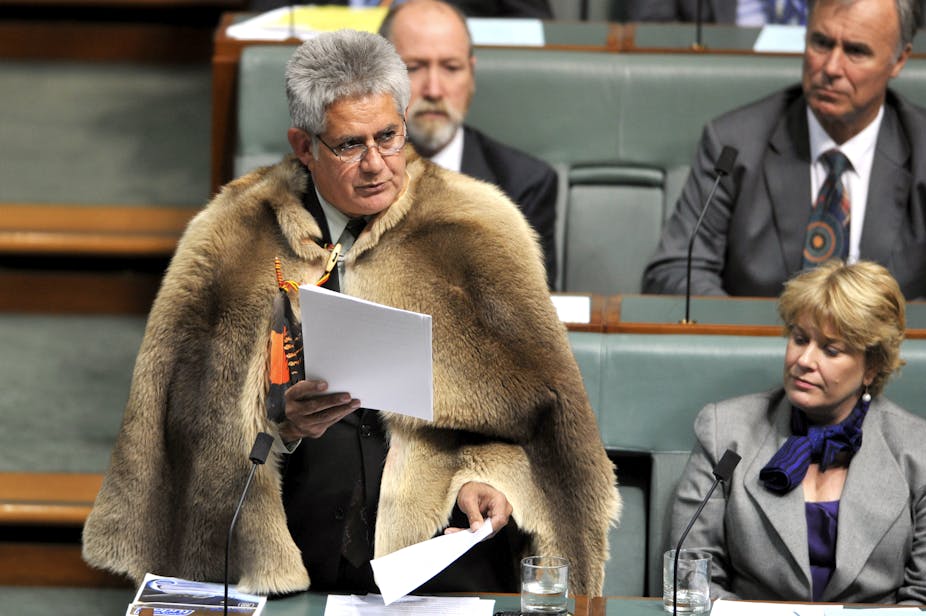The outer suburban Western Australian seat of Hasluck moved centre stage during the last federal election for two reasons. First, the tight result meant that it was not decided until late in the count and, even though it wasn’t going to determine the overall outcome of the election, who won it was important. A Labor win would have given it more seats in the House of Representatives than the Liberals and a stronger claim to government.
But, as it has done in every election since it was created in 2001, Hasluck changed hands and became a marginal Liberal seat: very marginal, as Ken Wyatt holds it with less than a 0.6% margin.
The second reason that Hasluck moved centre stage was that Wyatt became the first Indigenous Australian to be elected to the House of Representatives. He wasn’t the first Wyatt to enter politics, though, as his nephew Ben Wyatt is a leading figure in - and possibly the future leader of - the Labor Party in WA. However, this is subject to the ambitions of current leader Mark McGowan, and possibly retiring federal MP Stephen Smith.
While every candidate would suggest that their electorate they contest is complex, Hasluck is very much a patchwork. It lies on the eastern edge of Perth’s metropolitan area. Its population is more concentrated in its northern and southern parts and the voters there generally favour Labor. The middle of the electorate is lower density and the voters there are more likely to vote Liberal. But even here there is a difference between the western side, where Perth suburbs push outward, and the eastern side, which contains larger holdings, with market gardens and vineyards.
If you had to call Hasluck now, you could be pretty confident that Ken Wyatt will retain the seat. Given that we can anticipate a swing to the Coalition in Western Australia, you’d expect Wyatt to increase his majority - continuing the 3.6% swing to him in the last election.
But Labor must have some hope of regaining the seat. The voters of Hasluck tend to be a little more Labor-leaning than WA voters generally, and the Liberals are not travelling as well in WA as they were at the state election in March. Premier Colin Barnett has been less sure. More importantly, treasurer Troy Buswell recently handed down a budget with even further increases to basic charges – which reflects a significant fall in state government revenue, but voters don’t always see it that way. Labor is already using this as evidence that the Liberals are not always the low tax party they sometimes present themselves to be.
Wyatt hasn’t made any significant mistakes and though voters experience problems with infrastructure and services (something common to outer metropolitan and regional seats), this tends to play out more at the state level than the federal level. There is still a strong sense of a two-speed economy in Perth, with those in the lower half doing it tough. Once again, however, this shouldn’t hurt Wyatt too much.
What might hurt him, and another reason that Labor might feel more confident about winning Hasluck back, is the racist backlash Wyatt experienced when Hasluck was in the media spotlight during the final count in the 2010 election. This backlash came from a variety of quarters, including from other Indigenous Australians who accused him of “selling out”.
But it is those voters who told him that they wouldn’t have voted for him had they known he was Indigenous who are Wyatt’s greatest concern. While Wyatt was rightly surprised that these voters didn’t know he was Indigenous, his race was not central to his campaigning in 2010.
Given the lack of interest that many Australians take in elections in this country, it’s not hard to imagine that some voters didn’t know Wyatt was Indigenous. They do now. The question is how many voters are there who wouldn’t have voted for him if they had known his race.
Nobody knows the answer to this question. But it’s the only cloud on Wyatt’s horizon that I can see. Let’s hope it is a very small cloud.

